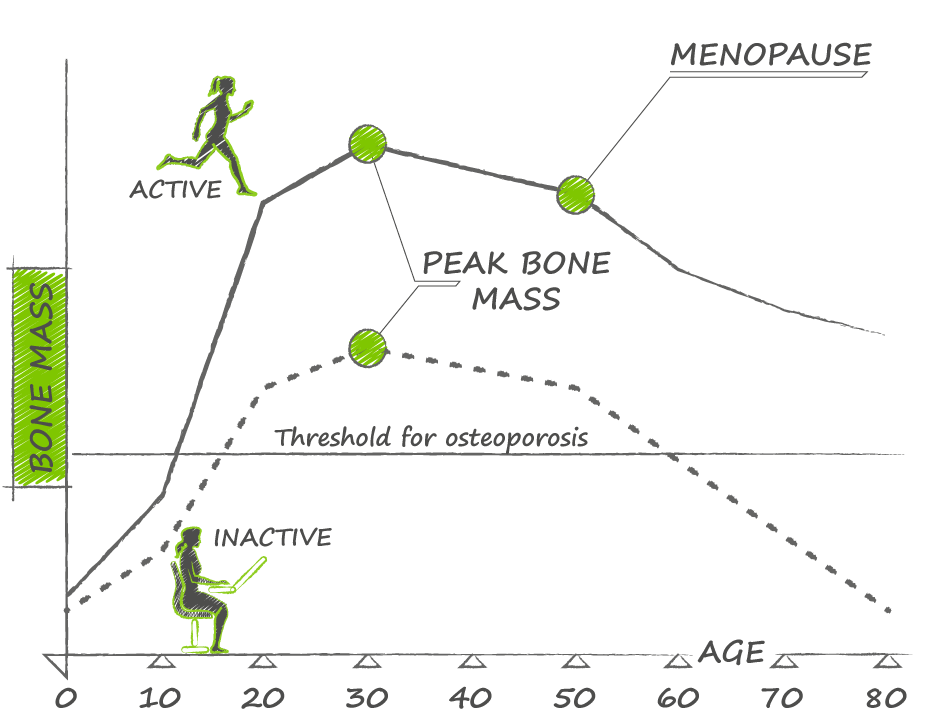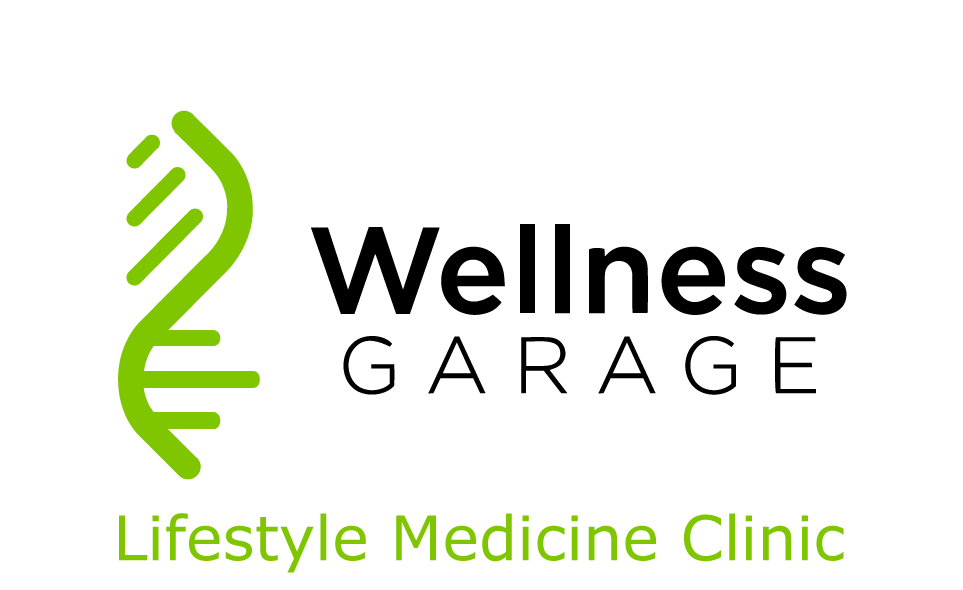|
In our third bone health post we are going to look specifically at the medical approaches to supplement our lifestyle approach. Our conclusions will not change: The best osteoporosis strategy is to do everything to avoid the likelihood of falling, while providing the best lifestyle support to decrease the rate of bone loss. When it comes to osteoporosis, the strategy must be to decrease the consequences:
It is important to remember that there are more fractures in people who do not have osteoporosis than in people that do; again reiterating the point that preventing the falls that cause the fractures is the most important thing you can do to decrease risk. For woman at risk for osteoporosis, there is an additional strategy that must be considered - estrogen. The key risk factors for osteoporosis are:
For maintaining bone mass there is no other therapy as effective as estrogen replacement starting early in menopause. For both women and men - peak bone mass is achieved in early adulthood, and through an active lifestyle, with adequate nutrition (calcium and protein), and Vitamin D, maintained until middle age when it begins to drop more rapidly. For women, the dramatic fall in estrogen levels (to 1% of pre-menopausal levels) is largely responsible for most of the bone loss, and replacement therapy is very effective at decreasing this rate of bone mass.
More importantly, estrogen replacement therapy has been definitively shown to decrease fractures. Estrogen replacement can reduce fractures from 33-50%. Most importantly this reduction also applies to hip fractures - recall that approximately 28% of women will die within 1 year of fracturing their hip. Estrogen replacement combined with exercise (which can also reduce risk of hip fracture by 38%) makes sense for any woman at high risk of osteoporosis. Of course a recommendation of estrogen replacement comes with some important considerations:
You may be interested: Reconsidering Estrogen Osteoporosis The Science of Bone Health - 3 Principles to Develop and Maintain Bone |
AuthorDr. Brendan Byrne Categories
All
|

 RSS Feed
RSS Feed
